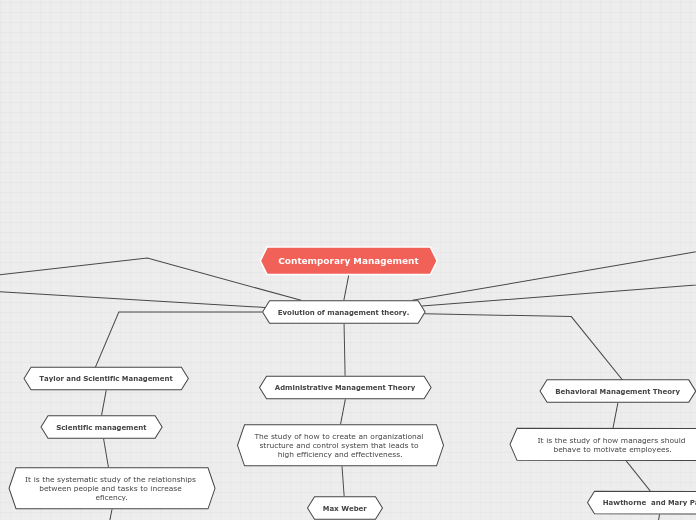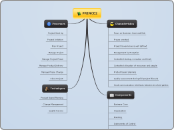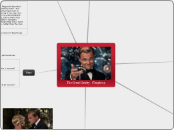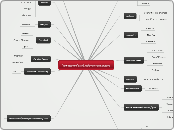por Omar Sánchez 3 anos atrás
376
Contemporary Management
The discussion revolves around various management theories aimed at improving efficiency in organizational settings. Scientific Management focuses on structuring tasks and codifying methods to enhance productivity.









